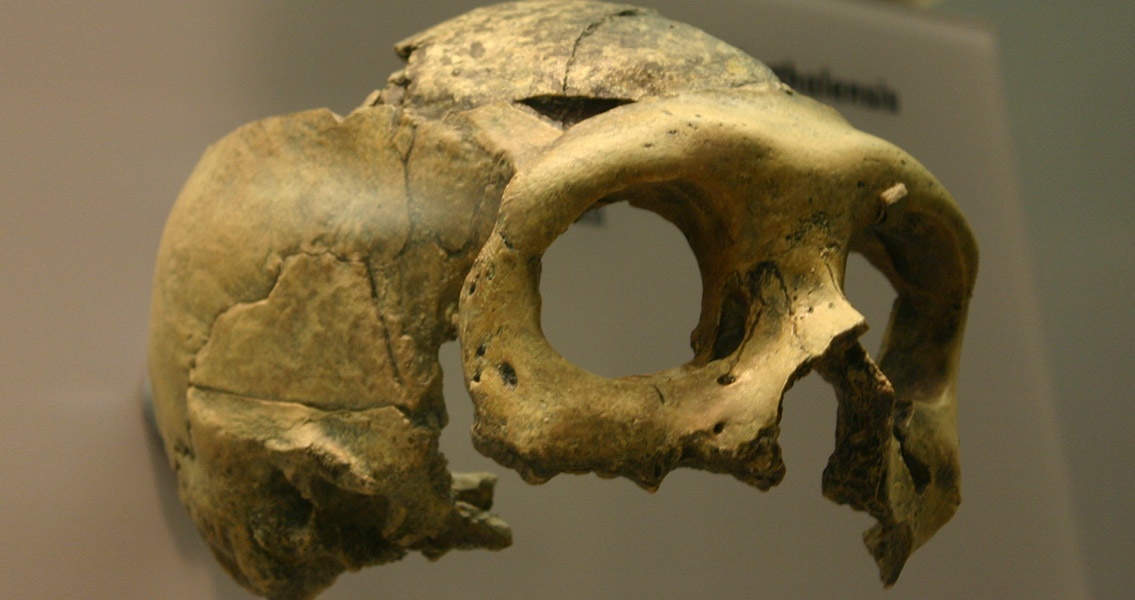<![CDATA[New research into nutritional stress patterns in the remains of Neanderthals in Europe may support the theory that climate change contributed to the demise of our closest ancient evolutionary cousins. Neanderthals died out around 40,000 years in the past, and researchers have been searching for definitive reasons for their demise since their discovery and classification as a species separate from but related to Homo sapiens, or modern humans. Many theories suggest that Neanderthals lost in the struggle for resources, with modern humans out-competing them. However, a zooarchaeologist from the University of Colorado Denver says he’s found evidence that European Neanderthals may have weathered periods of extreme cold brought about by climate change, based on signs of nutritional stress left behind in their remains. Jamie Hodgkins, CU Denver assistant professor of anthropology, analyzed the remains left behind by animals hunted by Neanderthals, discovering that our extinct relatives worked particularly hard to glean every bit of sustenance from the meat and bones when the weather turned colder. Focusing on caves in southwestern France that are proven to have been inhabited by Neanderthals, Hodgkins took a hard look at the bones of prey animals that had been unearthed in these caves and examined the telltale signs left behind on these remains from the butchering process. She discovered that, during colder periods punctuated by increased glacial activity, these bones had been processed more heavily, including a larger number of percussion marks. This indicates a need to expose the marrow from within these bones, implying a reduction in the availability of food overall. In a press release from the university, Hodgkins remarked that the research she and her team had conducted uncovered a pattern that showcased how Neanderthals suffered high levels of stress in cold and harsh environments. With the climate becoming colder and harsher, Neanderthals had to devote more time and energy into pulling every last calorie they could from bones, the researcher added, stating that the evidence of this need was even apparent in bones that yielded relatively little marrow. Remains such as the small bones of the prey animals' feet bore the marks of perhaps desperately hungry Neanderthals, as much as larger bones with more easily accessible marrow. The findings of Hodgins’ team lends further support to theories surrounding the extinction of the Neanderthals in regards to climate change being a factor. Climate change had very real effects, according to the research findings, and Hodgkins says that the study of Neanderthal behavior presents opportunities to understand how rapidly deteriorating climatic conditions had such a serious and negative effect on our now-extinct close evolutionary cousins. If the end of the Ice Age saw Neanderthal populations in a precarious position thanks to the scarcity of food, it wouldn’t have taken much effort on the part of modern humans to upset this delicate balance and plunge our closest relatives over the brink of extinction. The new research study, which has recently been published in the Journal of Human Evolution, can be found online here]]>
Did Climate Change Contribute to Demise of Neanderthals?
